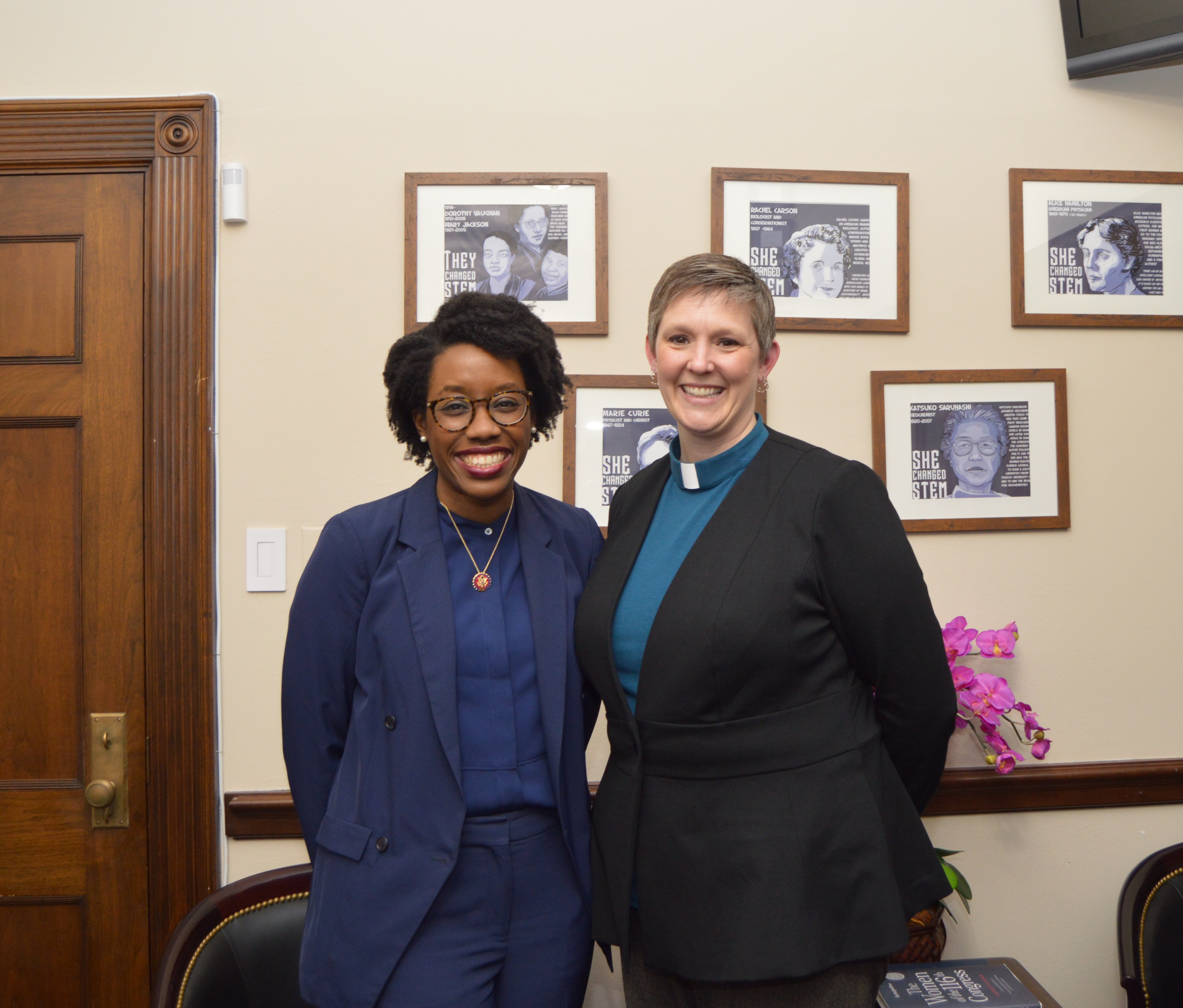Mark 14:12-16, 22-25
John 15:12-15
Celtic spirituality, both pre-Christian and Christian, has given us the language of thin places to describe places where it feels like the realms of the human and divine mingle. “Heaven and earth,” the Celtic saying goes, “are only three feet apart, but in thin places that distance is even shorter. Journalist and author, Eric Weiner, writes of thin places, “[They] relax us, yes, but they also transform us – or, more accurately, unmask us.”

People often talk about temples and cathedrals as thin places, or particular geographies – mountaintops or beaches – but in a New York Times travel article, Weiner argues that thin places can be more unconventional as well – a city park, a bookstore, or even a bar. Thin places give us a glimpse or a feeling of a reality different from what we typically experience – a reality more closely aligned with God’s spirit and intentions than we typically see.
Continue reading






